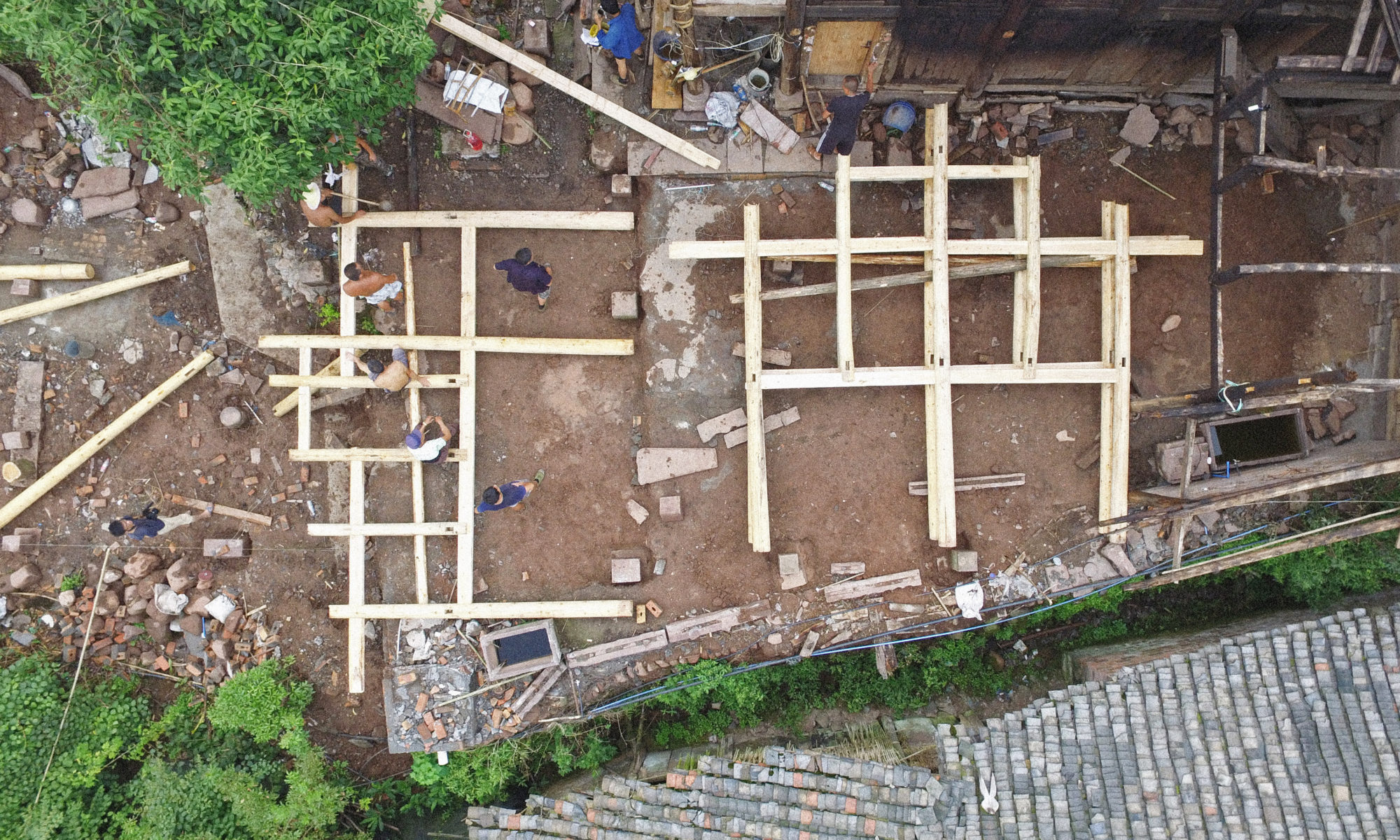MCCC01
The Integrated Eco Design and Building Experiments Workshop held from August to December 2020 was a research, education workshop and practical building project for the eco-design and collaborative construc- tion of a temporary multi-purpose building in the Chun On Monastery in Yuen Long. The workshop and project was conducted by Insitu Project for MCCC. It explored new possibilities for experimental building in Hong Kong by exploring recycled building and waste materials that are found in the city. The project also intended to foster and develop a holistic and integrated approach involving permaculture, eco design as well as passive and environmentally friendly design principles. The first stage was successfully completed in January 2021 involved 10 Hong Kong participants from very different backgrounds and experiences, working intensively together with a dedicated Insitu team, with like-minded collaborators and builders and a number of waste material donating individuals and companies. Future stages seek to expand on this solid foundation exploring ecological site planning and permaculture planning principles including the integration of water harvesting, composting toilets and other suitable ecological approaches for Chun On.
Besides the educational and physical outcomes which are presented in this documentation, this project has established a platform or starting point for this kind of project in Hong Kong. Therefore from our point of view, it has been successful in initiating the following:
1. Fostering an urban collectiveness (Building positive change and energy). 2. Learning by doing (Co-learning and Self-learning) 3. Urban upcycling (Fostering ecological awareness) 4. Low-tech ( Enabling skills with low-cost solutions) 5. Value Creation (Generating collective values)































































